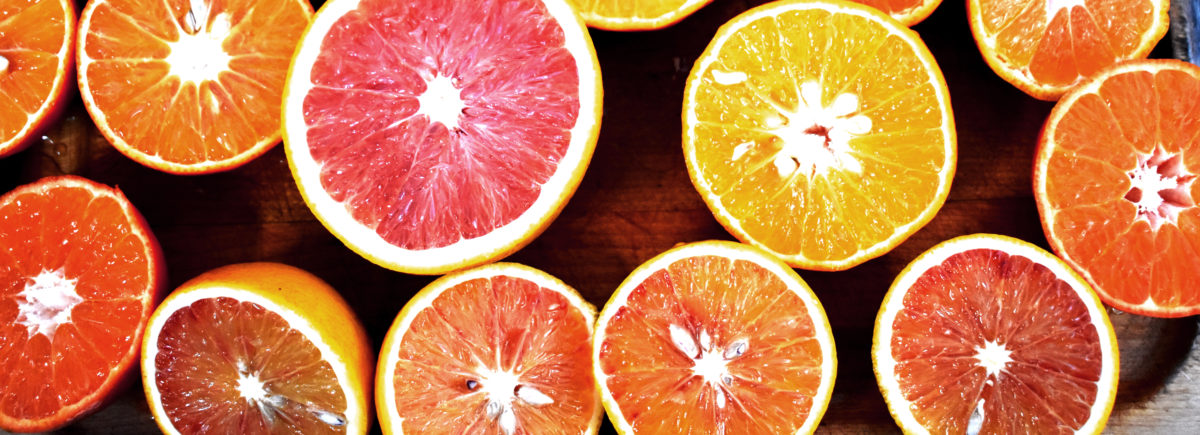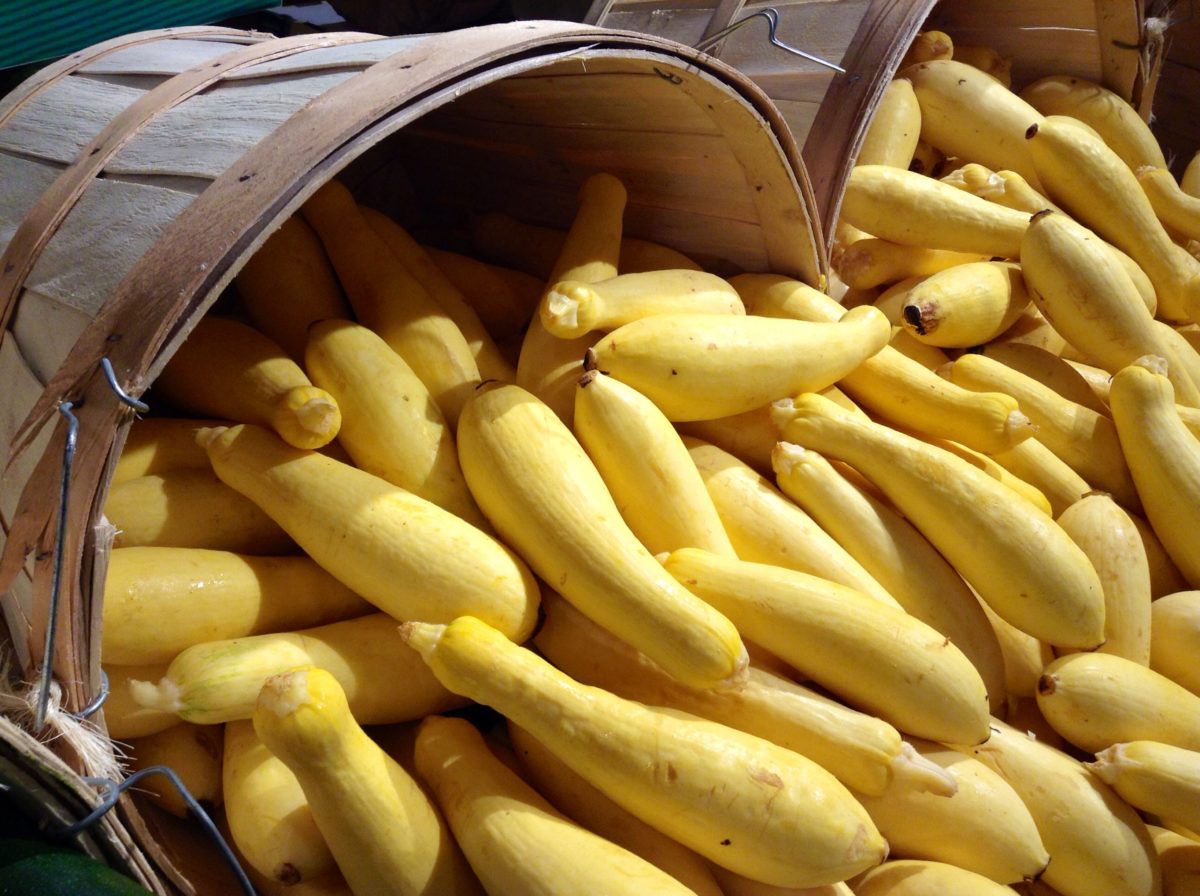Grower sentiment improves despite challenging year, according to results of latest industry poll.
Congressional Support Helps Lead to Potential Investigations of Imports of Cucumbers, Squash
Congressional support of Georgia’s vegetable and specialty crop sector has helped lead to potential investigative action regarding imports of cucumbers and squash. Letters from both Georgia U.S. Senators; David Perdue and Kelly Loeffler; as well from four Georgia Congressmen; Sanford Bishop (D-GA-02), Austin Scott (R-GA-08), Buddy Carter (R-GA-01) and Rick Allen (R-GA-12), were sent to U.S. Trade Representative (USTR) Robert …
Four to Join Citrus Hall of Fame
The Florida Citrus Hall of Fame will induct four new members in 2021. They are John L. Jackson of Sorrento, Florida; the late Lew J. Prosser of Plant City, Florida; Adam H. Putnam of Memphis, Tennessee; and Steven D. “Steve” Sorrells of Arcadia, Florida. They will be inducted during a luncheon tentatively scheduled for Nov. 5 at Florida Southern College …
USTR Calls for Investigation of Imported Squash, Cucumbers
On Friday, December 4, 2020, U.S. Trade Representative Robert Lighthizer issued a letter to the Chairman of the U.S. International Trade Commission (ITC) requesting investigations into the import of cucumbers and squash and the effect on the domestic seasonal markets. The request is to investigate the monthly price trends, including an analysis and comparison of the prices of domestically produced products …
New Alert System Gives Heads Up on Citrus Postbloom Fruit Drop
Software platform monitors and sounds the alarm when conditions are ripe for malady.
FFVA Urges DeSantis to Prioritize Vaccines for Agricultural Workforce
Florida Fruit and Vegetable Association (FFVA) Chair Aaron Troyer, on behalf of FFVA members, sent a letter to Gov. DeSantis this week urging for priority distribution of a COVID-19 vaccine for Florida’s agricultural workforce. While FFVA strongly supports that healthcare workers and long-term care facilities receive first priority, Troyer urged for prioritizing Florida agriculture after those groups to ensure a …
Marketing: The Next Challenge for the White Strawberry
Producing a white strawberry was the first challenge for University of Florida/IFAS strawberry breeder Vance Whitaker. The next is figuring out how to market it so it could be a viable option for Florida producers in the future. Whitaker said there are 12 acres test marketed in different chain stores this year. They will have a better grasp on how …
Expect a Drop in Pecan Production in 2021
This year’s pecan crop in Georgia exceeded expectations. Producers need to brace themselves for a drop in volume next year, which is expected with pecan trees being alternate bearing plants. University of Georgia Cooperative Extension pecan specialist Lenny Wells fully expects the 2021 crop season to be a down year for Georgia growers. “From a volume perspective yes, I don’t …
Georgia Pecan Volume Exceeded Expectations
The worst pecan prices in recent memory are being countered by one of the biggest crops in recent years. Lenny Wells, University of Georgia Cooperative Extension pecan specialist, said this year’s crop has been welcomed by all producers, especially those still recovering from Hurricane Michael in 2018. “I think it has (exceeded expectations) from a volume standpoint. It’s hard to …
Cold Week Good for Florida Strawberries
Cold temperatures this week in Florida were just what the doctor ordered for the state’s strawberry crop – especially since temperatures were not well below freezing. Vance Whitaker, strawberry breeder at the University of Florida Gulf Coast Research and Education Center, said the cold weather Floridians experienced this week should aid in the development of the strawberry plants. “If it …











